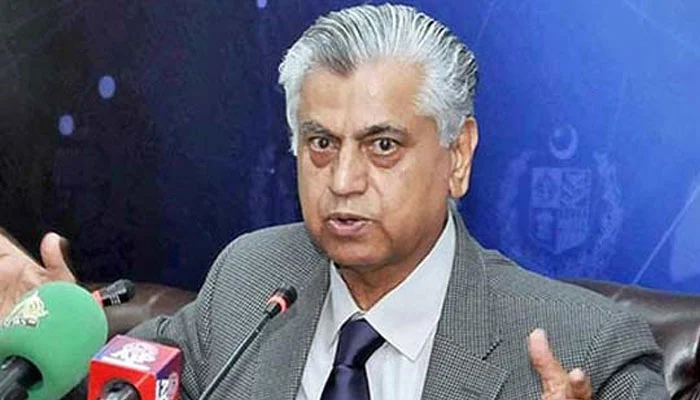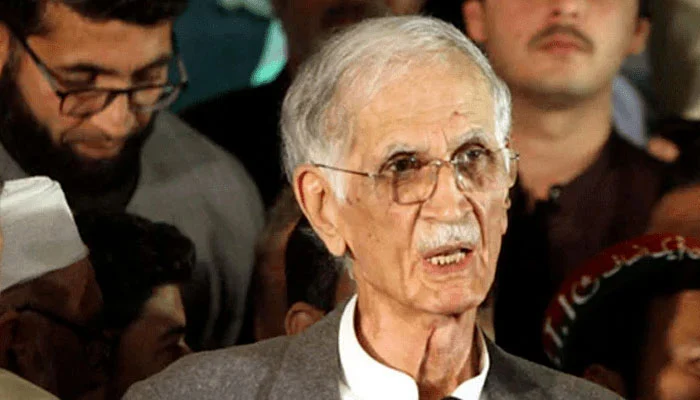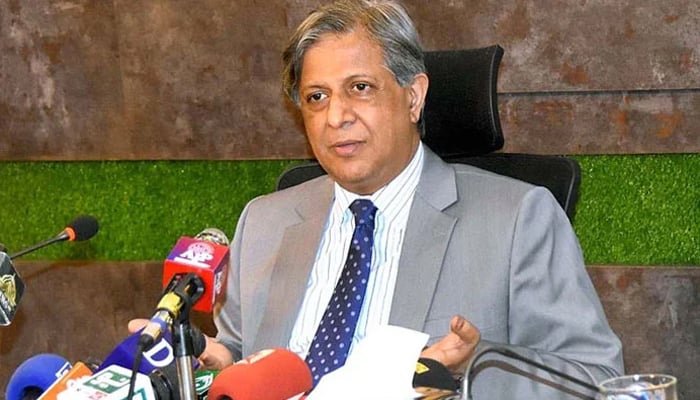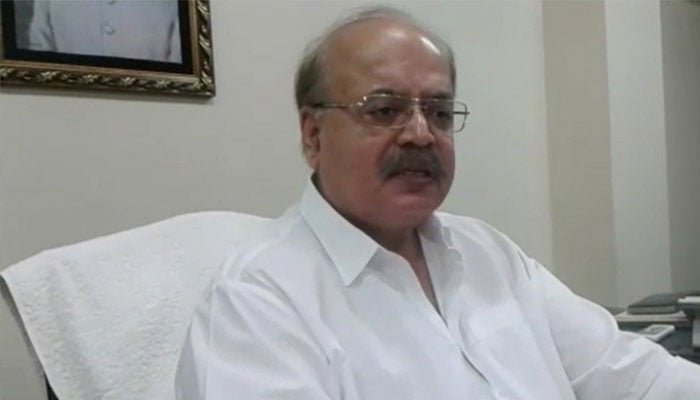Pakistan’s Federal Information Minister, Fawad Chaudhry, has expressed reservations over posts made on Prime Minister Imran Khan’s Twitter account, raising questions about the source of information on illegal Afghan refugees. In his statement, Chaudhry questioned whether Imran Khan, the founder of Pakistan Tehreek-e-Insaf (PTI), has access to tweet facilities while in jail, and whether the tweets were crafted by Khan himself or his associates.
Chaudhry went on to emphasize that it appears Imran Khan, through these tweets, is attempting to seek sympathy from the Afghan government, an effort that is not globally acknowledged. The Information Minister continued, suggesting that Imran Khan might be striving to garner support from the proscribed Tehreek-e-Taliban Pakistan (TTP) members sent by the Afghan government. This strategy could be an attempt to gain political advantage for his party in the upcoming elections.
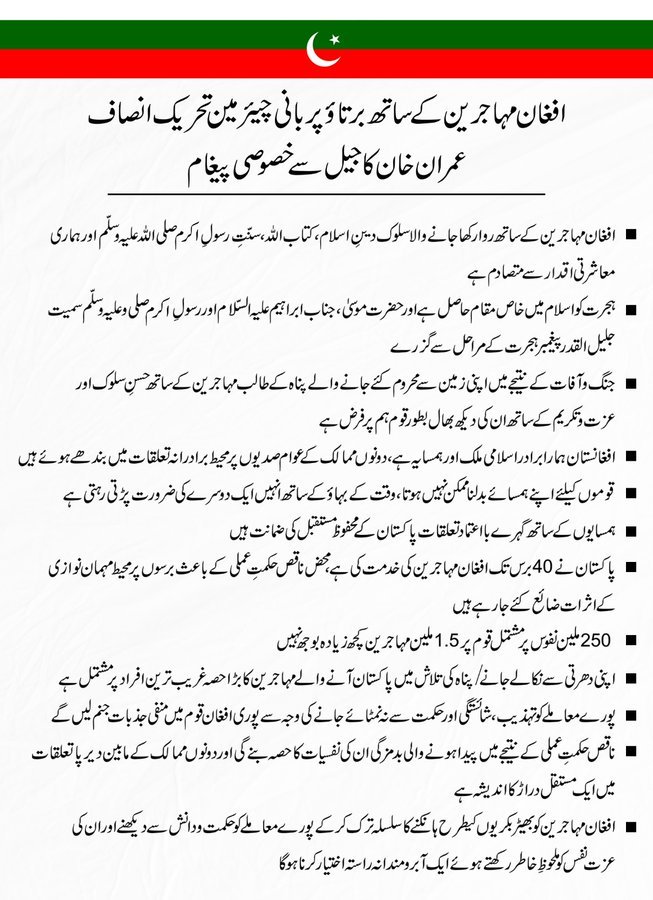
It’s worth noting that Imran Khan, the founder of PTI, is currently in jail facing various legal challenges, limiting his access to social media and other external platforms. However, multiple posts were issued from his Twitter account just yesterday.
One of the posts, titled ‘Message from Imran Khan, Chairman PTI, from jail on repatriation of Afghan migrants,’ criticized the government’s actions against illegal foreign nationals, using various religious references. The post voiced concerns about the government’s efforts to deport illegal immigrants and questioned the legitimacy of these actions.
Fawad Chaudhry’s remarks highlight the ongoing tension between the ruling party and the incarcerated PTI leader. The Information Minister’s statement adds another layer to the political dynamics in Pakistan, where even social media accounts become arenas for expressing political differences and influencing public opinion. The situation raises questions about the management of Imran Khan’s social media presence during his time in confinement and its potential impact on political narratives in the country.
